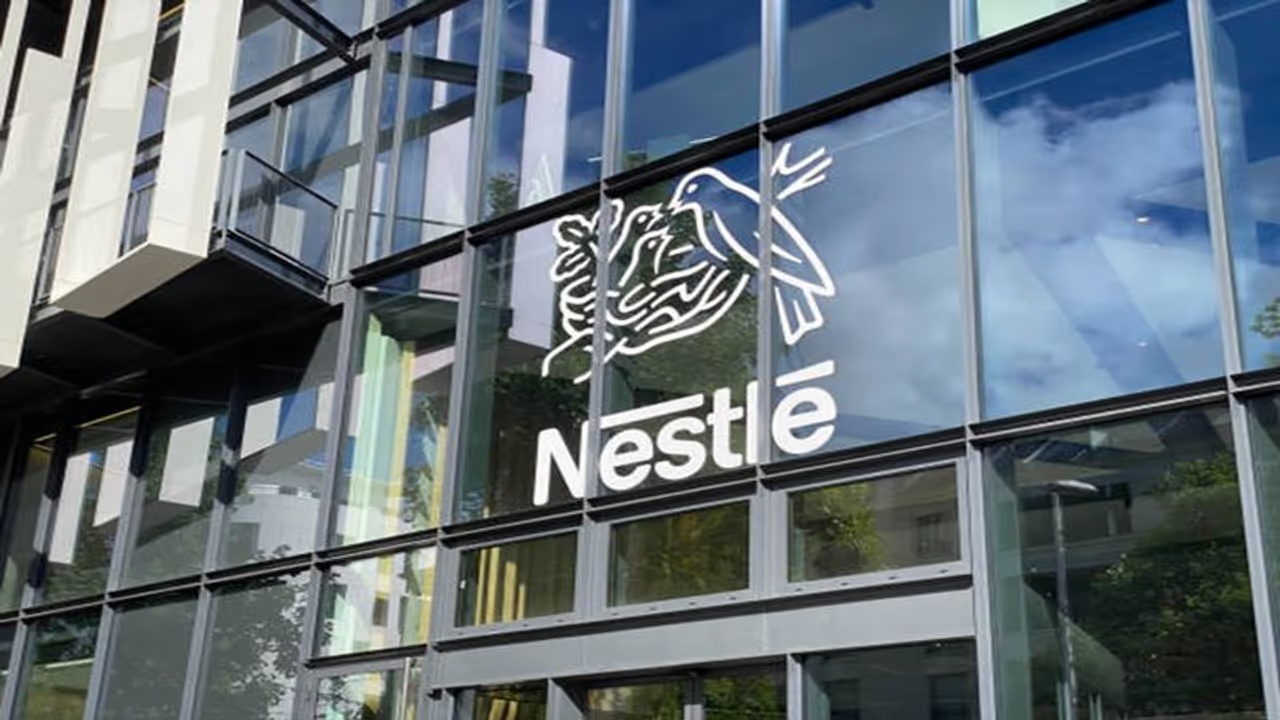According to the analysis, all Cerelac baby cereals in India, whose sales was exceed $250 million in 2022, have added sugar, averaging more than 3 grams per serving, despite World Health Organization rules prohibiting added sugar in newborn food.
Surprising data has emerged about the sugar level in Cerelac, a milk cereal-based supplemental food for babies manufactured by the multinational food firm Nestlé. Despite the World Health Organization's (WHO) rigorous guidelines prohibiting added sugars in baby food products, Cerelac was found to contain an average of approximately 3 grams of sugar per serving in India.
According to Public Eye, two of Nestle's best-selling baby-food brands in India have significant levels of added sugar, despite the fact that such products are sugar-free in the United Kingdom, Germany, Switzerland, and other industrialized nations.
According to the report, Nestle, the world's largest consumer goods firm, adds sugar and honey to newborn milk and cereal products in a number of nations, violating international norms aimed at avoiding obesity and chronic diseases. Only Asian, African, and Latin American countries showed violations.
The Public Eye, in collaboration with the International Baby Food Action Network (IBFAN) of Switzerland, engaged a Belgian laboratory to evaluate cereal goods. Nestle's laboratories in Switzerland, where the company is headquartered, refused the request.
The researchers discovered an intriguing double standard, in which the corporation did not follow WHO rules in low-income nations but appeared to favor higher-income countries.
According to the conclusion, Nestle's Cerelac wheat-based meals for six-month-old infants in Germany and the United Kingdom have no sugar, yet the same product has more than 5 gm per serving in Ethiopia and 6 gm in Thailand..
The amount of added sugar is frequently not indicated in the nutritional information on the packaging of these types of items.
However, a Nestle India Ltd. representative stated that the company has decreased the total quantity of sugar that is added to its infant cereals portfolio by 30% over the last five years and is continuing to "review" and "reformulate" products to lower them even further.
